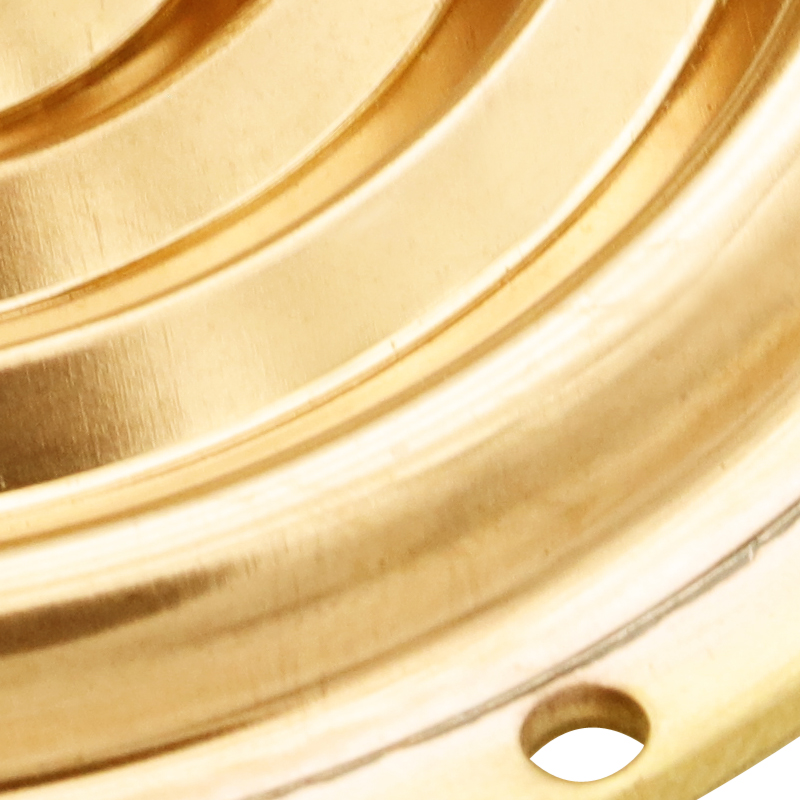
lis . 08, 2024 15:31 Back to list
best diaphragm seal pressure gauges
Choosing the Best Diaphragm Seal Pressure Gauges for Your Applications
When it comes to measuring pressure in various industrial and laboratory applications, diaphragm seal pressure gauges are critical tools. These devices are designed to protect sensitive pressure measurement components from corrosive fluids, high temperatures, and particulate contamination. This article delves into the features, advantages, and considerations when selecting the best diaphragm seal pressure gauges for your specific needs.
What is a Diaphragm Seal Pressure Gauge?
A diaphragm seal pressure gauge consists of a flexible diaphragm and a sensor. The diaphragm is placed between the process media and the measuring element, allowing the gauge to measure pressure while isolating the sensing element from harsh conditions. This design is crucial in industries such as chemical processing, food and beverage, pharmaceutical, and oil and gas, where processes can involve corrosive chemicals, viscous fluids, or extreme temperatures.
Key Features of Diaphragm Seal Pressure Gauges
1. Material Compatibility The construction materials of diaphragm seals play a vital role in their performance. Common materials include stainless steel, Hastelloy, and various elastomers. Selecting the right materials ensures compatibility with the media being measured, preventing corrosion and extending the gauge's life.
2. Pressure Range Diaphragm seal pressure gauges are available in various pressure ranges. This flexibility allows users to select a gauge that matches their specific application, whether it involves low-pressure systems or high-pressure environments.
3. Temperature Resistance Depending on the application, high-temperature operations may require specific gauge designs and materials. Ensuring that the gauge can withstand the temperature range of your process is critical to maintaining accuracy and longevity.
4. Isolation Options The diaphragm seals can be designed with various isolation styles, such as flush mount, extended sensing, or capsulated. Choosing the right isolation method depends on the nature of the process fluid and the application environment. 5. Accuracy and Calibration Accuracy is essential in pressure measurement. Look for gauges with high accuracy levels and consider the calibration requirements. Regular calibration ensures that the gauge provides reliable readings over time.
Advantages of Diaphragm Seal Pressure Gauges
1. Protection Against Contamination The primary advantage of diaphragm seal gauges is their ability to protect sensitive measuring elements from corrosive and viscous fluids. This feature is especially beneficial in maintaining measurement integrity in harsh environments.
best diaphragm seal pressure gauges

3. Versatility Diaphragm seal pressure gauges can be used in a variety of applications across multiple industries. Their adaptable design makes them suitable for measuring pressure in both liquid and gas environments.
4. Reduced Maintenance Needs Since diaphragm seal gauges protect the sensor from damaging conditions, they generally require less frequent maintenance and replacement, leading to lower overall operating costs.
Considerations for Selection
When choosing a diaphragm seal pressure gauge, several factors should be considered
- Process Media Understand the nature of the fluid being measured. Its compatibility with the gauge materials is critical to prevent damage or failure.
- Pressure and Temperature Requirements Ensure that the gauge is capable of measuring the expected ranges of pressure and temperature in your application.
- Installation Space Evaluate the available installation space and select a gauge that fits without compromising functionality.
- Cost vs. Performance Balance your budget with the performance requirements. While it can be tempting to choose a lower-cost option, investing in a high-quality diaphragm seal gauge can provide better reliability and longer service life.
Conclusion
Diaphragm seal pressure gauges are essential instruments for ensuring accurate pressure measurements across various challenging environments. By considering the material compatibility, pressure range, temperature resistance, and overall application needs, you can select the best diaphragm seal pressure gauge for your system, enhancing operational efficiency and reliability. Whether you're in the chemical industry, food processing, or any other sector, investing in a quality pressure gauge will ultimately lead to improved process safety and performance.
-
High-Accuracy Differential Pressure Gauge Diaphragms OEM Factories & Services
NewsMay.24,2025
-
Water Fire Extinguisher Pressure Gauge Durable Supplier Solutions
NewsMay.24,2025
-
Handheld Digital Differential Pressure Gauge Portable, High-Accuracy & Real-Time Data
NewsMay.24,2025
-
Digital Pressure Gauge RS Components for Semiconductor & Chip Industries
NewsMay.23,2025
-
Industrial Differential Pressure Gauges Global Supplier & Pricelist
NewsMay.23,2025
-
Bourdon-Type Differential Pressure Gauges High Accuracy & Affordable Pricing
NewsMay.22,2025
